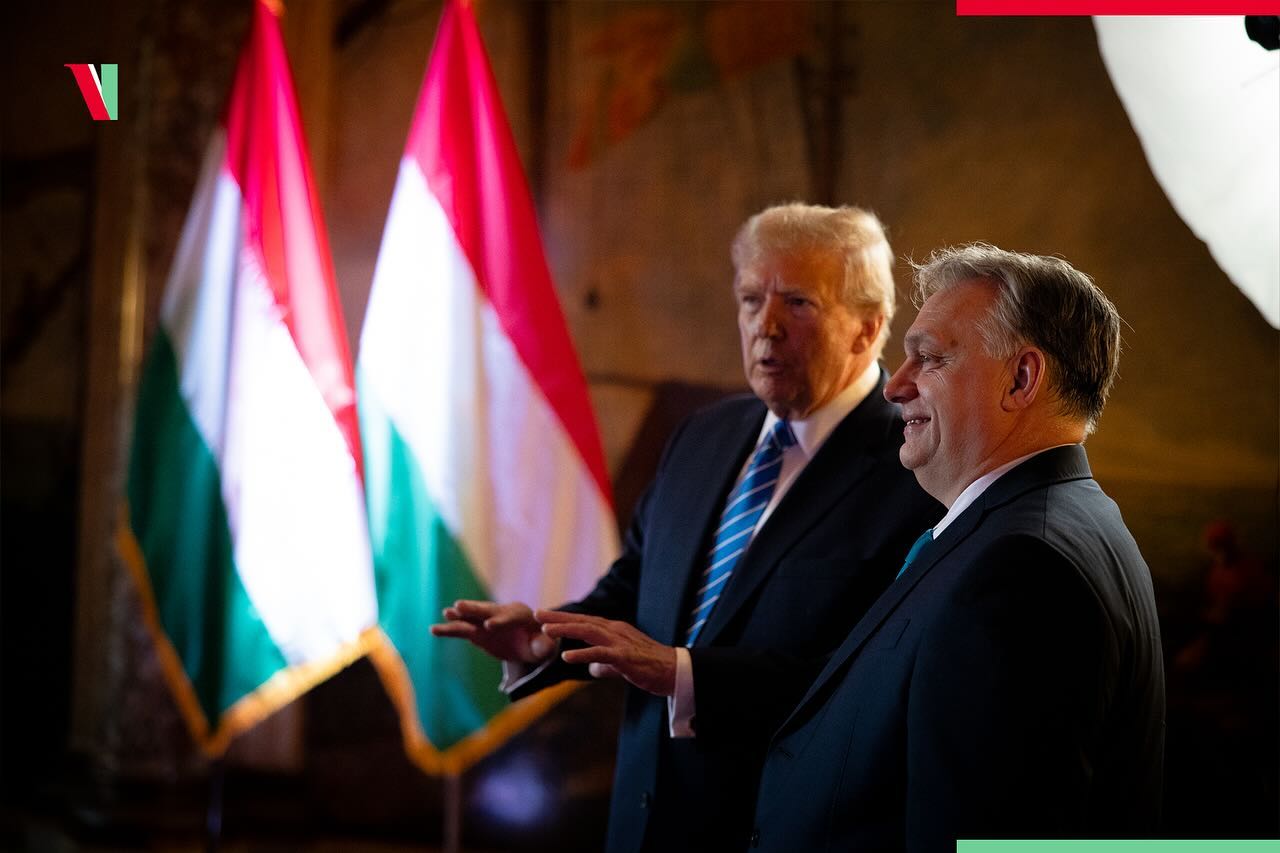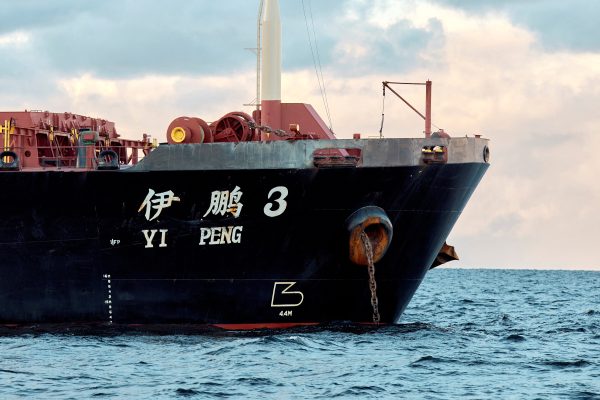“That is our only option, we have nothing to lose,” the Hungarian ambassador to the US said when asked why he so openly supports Donald Trump’s presidential campaign.
Szabolcs Takács’s comment is not the first time Prime Minister Viktor Orbán’s government has admitted it has no Plan B when it comes to the outcome of this year’s US presidential election.
Márton Nagy, the national economy minister, has said he doesn’t want even to think about the possibility of a Kamala Harris-led administration, while Orbán has repeatedly expressed his preference for Trump.
In 2020, the prime minister mistakenly believed Trump would win, gambled on a Republican victory, and left Hungary without a backup plan. And Orbán has repeated his support this time, saying in an interview published October 18 that he needs Trump in the White House.
“I am the only one who publicly hopes for a Trump victory,” he said.
Those familiar with conventional diplomacy may wonder why Budapest is determined to once again support one of the candidates so brazenly, risking diplomatic embarrassment and isolation should the Democrats retain the White House.
The obvious answer would be the ideological alignment between Orbán and Trump Republicans, and yet no other country or leader who shares this political outlook has expressed their support as fervently as the Hungarians.
It may simply be that Hungary’s government, having bet everything on a binary outcome, feels it has nothing left to lose.
Orbán’s foreign policy may seem incoherent, but with the help of some simple framing using game theory, it is possible to see the logic in his moves. The Hungarian government has three theoretical options: support Donald Trump, support Kamala Harris, or, like most countries, remain neutral and await the results.
However, the viable choices are limited. Given Orbán’s bad relations with the Democrats in the past, it is highly unlikely Budapest would back the Harris campaign. As a result, the decision boils down to either supporting Trump or remaining neutral.
Choosing neutrality would effectively signify a lack of support for Trump, which would be all the more stark because Orbán was the first to endorse him in 2016, and has done so regularly since. Trump, in turn, has praised the Hungarian prime minister as “one of the most respected men.”
Budapest faces four options and possible outcomes:
- Orbán supports Trump, and Harris wins: Hungarian-US relations continue to stagnate at their current low level over the next four years. Both the Biden and Obama administrations, concerned about Hungary’s democratic backsliding and Orbán’s deep connections to Russia and China, severely downgraded relations with Budapest. Links with MAGA Republicans could be strengthened in this scenario.
- Orbán does not support Trump, and Harris wins: Hungarian-US relations remain stagnant, and, due to his past behavior, Orbán would have to deal with the weakening of his close political connection with the Republicans.
- Orbán does not support Trump, and Trump wins: A missed opportunity for Orbán, who would be left playing catch-up. Trump might even feel offended, and relations with the Republicans could also be damaged.
- Orbán supports Trump, and Trump wins: This could lead to a significant improvement in relations, and the Hungarian prime minister could once again style himself at home and abroad as a formidable foreign policy strategist. Budapest is optimistic Trump would overlook the growth in Hungarian-Chinese and Hungarian-Russian cooperation.
In summary, Orbán’s poor relations with the Democrats, strengthening ties with Moscow and Beijing, and his long-standing support for Trump leave him with only one rational option: continue to support Trump and hope for his victory. It is less a strategy than path-dependent gambling.
But how can he maintain Budapest’s pro-China strategy in light of Trump’s opposition to Beijing?
By using a similar decision matrix, it is clear Orbán has put his bets on the only viable option he had available.
- The strengthening of Hungarian-Chinese political and economic relations has boosted vital Chinese investment in Hungary (now amounting to around $18bn), at a time when around $23bn of EU cash remains blocked after disputes over the rule-of-law, and enhanced Orbán’s international visibility. The side effect is the further alienation of partners in Brussels and Washington. A Harris presidency would likely mean chilly relations with the US, while a Trump victory might open the opportunity for reconciliation.
- A weakening of ties with Beijing would probably lead to a reduction in Chinese investment in Hungary, and the EU would not defrost funds in return. The US would not relent either, as there are other sources of tension between Washington and Budapest, not least its close ties to Moscow. But, once again, Trump’s return could change everything.
The steps taken by the Hungarian government do make sense, but at the same time, they reflect the consequences of the narrowing political space it has created itself. Support for Trump and strengthening relations with China were the only real options for a cash-strapped Orbán.
Tamás Matura is a Non-resident Senior Fellow with the Democratic Resilience program at CEPA. He is the founder of the Central and Eastern European Center for Asian Studies and has served as an adviser on China to the Minister of National Economy. He is an Associate Professor at the Corvinus University of Budapest and a lecturer at the ESSCA School of Management Angers-Paris-Budapest-Shanghai.
Europe’s Edge is CEPA’s online journal covering critical topics on the foreign policy docket across Europe and North America. All opinions are those of the author and do not necessarily represent the position or views of the institutions they represent or the Center for European Policy Analysis.

From the Ashes: Cultural Identity and National Security in the Age of Conflict
Date: November 19, 2024
Time: 10:00 a.m. – 6:00 p.m. CT




